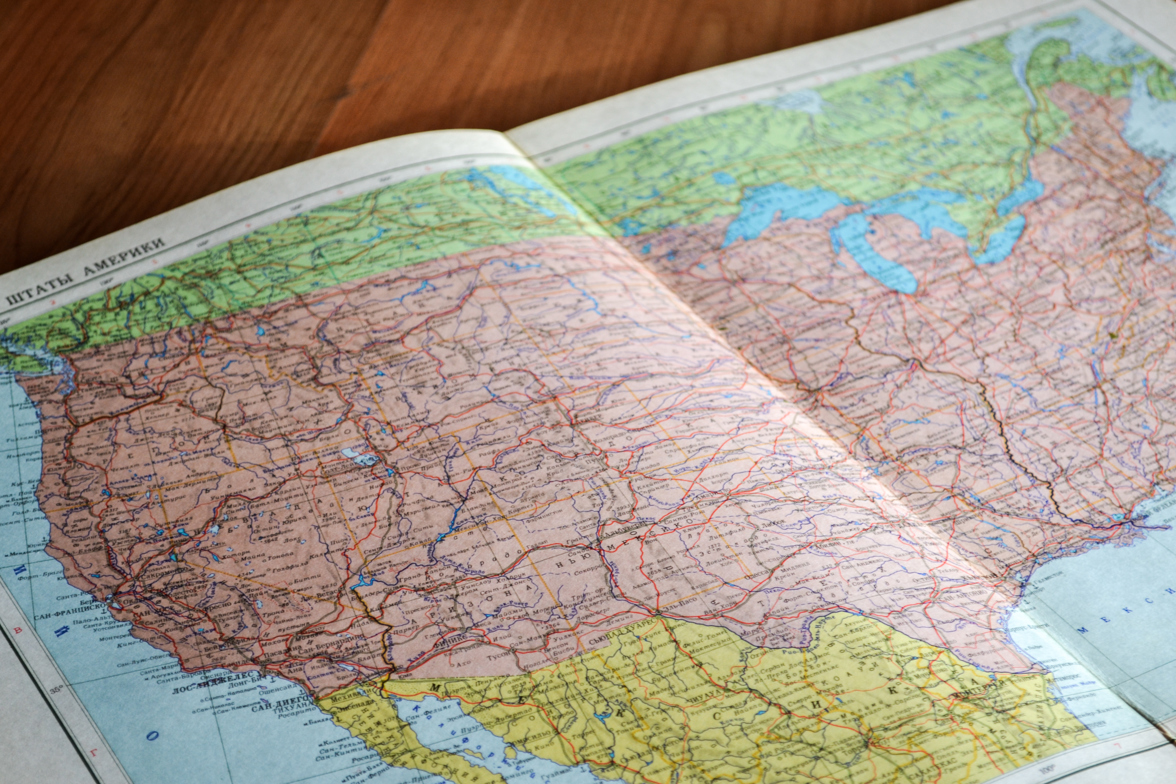The dead are not our enemies. Nor are their statues. Our fight is with the beliefs and assumptions that lead us to look past another human being as if they were not there.
The Rhodes Scholarships are the oldest and arguably most prestigious scheme for university students in the world. Now in their 113th year, Rhodes is finally becoming global, with new awards in China and the Middle East and others to come, and reactivated scholarships in places such as Malaysia
In the rough and tumble of debate about the legacy of Rhodes, it is all too easy to suspend in time, or ignore, the past and current efforts of the scholars who bear his name to fight for a better, fairer world that travels in many cases against the personal beliefs of Rhodes himself.
The Mandela Rhodes Foundation —which now boasts over 5000 applications from African students per year—is testimony to that, as were earlier moves to open eligibility to black students, and to women. I would not have been eligible for a Rhodes Scholarship without the efforts of those who came before me, and I am forever in their debt.
I owe it to them—as the fifth and first woman secretary of the Rhodes Australia Scholarships—to fight the forms of prejudice and self-doubt that prevent students from applying, and perhaps more significantly, that prevent students from learning about the scholarships in the first place. For these scholarships capture in microcosm the fault lines of inequality that run through higher education the world over.
The Australian Rhodes Scholarships are curiously bimodal. I have never managed a scholarship scheme in which you receive enquiries from ten year olds asking for advice on how to prepare for an application. My reply, for the record, is ‘play and dream’. At the same time, I have encountered too many students who wish to discount themselves from applying because they don’t see themselves as fitting the stereotype of a Rhodes Scholar.
Strangely enough, the stereotypes people might hold of a Rhodes Scholar do not stack up against the diversity of the actual Rhodes community. It is not as if I am overseeing the selection of women for the first time, or scholars who are openly gender diverse. But myths are pervasive and have to be fought, and continually re-fought. Zoë Morrison’s beautiful Monthly article, ‘Rhodes Dollars’ is a poignant reminder of this.
But to do that, you have to admit that you need help, and that you need to seek out applicants. That can be a difficult obstacle to overcome if you assume that everyone knows about you, or that everyone should know about you. Under these assumptions, seeking out people—marketing, advertising—might be seen as an admission of weakness.
It isn’t. Rhodes, like universities has ‘brand awareness’, but that awareness can vary markedly from one community to another. Evening up that awareness needs to see forms of reach match the forums and places where the people you want to inform look and engage. That needn’t cost a cent, and that is important because our efforts should see as much funding go to student support as possible.
Eighteen months ago, we launched a simple online story, ‘Should I Apply for an Australian Rhodes Scholarship?’. We did so using Storify: a simple, free platform that allows you to make visual and textual mashups from material available on the internet. Just over 5,200 views later—compared with an earlier annual enquiry total of around 100 emails or calls—and we added a second, on writing the personal statement (just over 700 views) then a third on how to manage the interview, including mastery of government house silverware (just over 1900 views). We even got bold and hit Twitter and Google Search terms, and reconnected with Australian scholars around the country and overseas, with one panel even delivering its results live, globally, via the live video streaming app Periscope.
All free with the exception of Google Search Terms, which was cheap compared to the average print advertisement and powered by a wonderful volunteer team of over sixty people across the country. Most of them are not Rhodes Scholars, but they work with pride to support this process as being about Australia’s scholarships. For me, they are an important part of the Rhodes community.
Applications doubled this year, and the diversity of the pool has seen marked improvement. More universities are applying; more applicants are from rural and regional backgrounds or from Non-English speaking heritage; more applicants are disclosing a disability; more tell us with pride about their gender identity; more universities are represented, including Australians studying overseas.
It takes time to lead a change in outcomes, but the force of the wave is undeniable.
The Rhodes Scholars selected are not reparation, or remediation, or a settlement of damages. They are young people of incredible potential who deserve our respect, support, and belief. So too are the many more applicants who apply but who are unsuccessful.
While I view the election this year of an Indigenous scholar from my own state of Tasmania with overwhelming joy, it does not absolve me and others from continuing the fight to erase the colour line.
Nothing must fall with Rhodes. Rather, we must continue to build.
Australia’s 2017 Rhodes Scholars are:
Ellen Cliff (Queensland, Australian National University, Geology)
Sarah Dobbie (Australia at Large, Australian National University, Human Rights Law)
Rebecca Duke (Victoria, Melbourne University, Philosophy and Psychology)
Jordan Gifford-Moore (South Australia, Flinders University, International Relations)
Malindi Haggett (Australia at Large, University of Western Australia, Medicine)
Bede Jones (Tasmania, Melbourne University, Criminology, Philosophy)
Richard O’Halloran (Western Australia, University of Western Australia, Medicine)
Connor Rochford (Australia at Large, Monash, Medicine)
Thomas Williamson (New South Wales, University of Sydney, Economics)
Professor Marnie Hughes-Warrington (Tasmania & Merton 1992), National Secretary, The Rhodes Scholarships Australia


